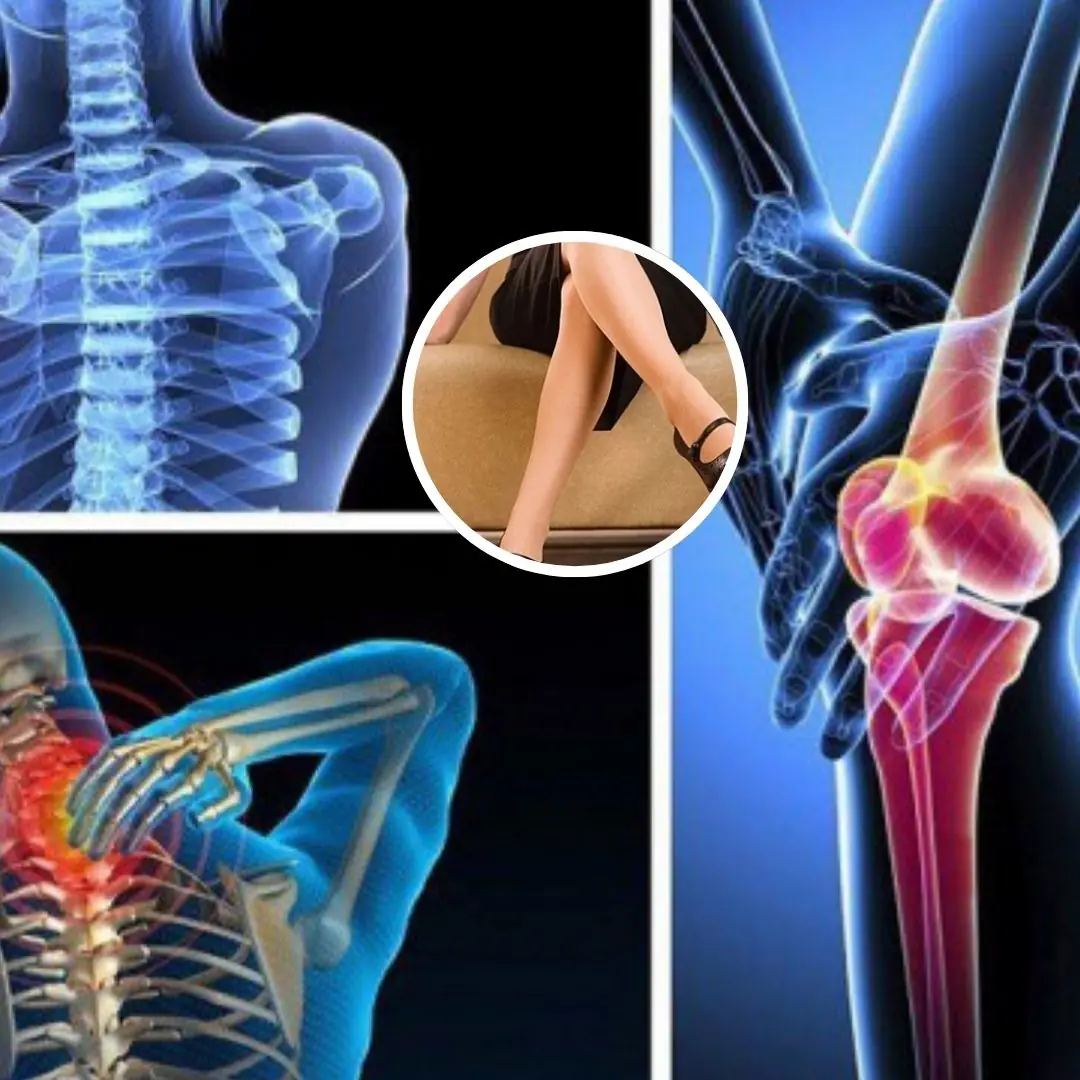
Doctor Reveals 5 Dangerous Mistakes You Must Avoid Right After Eating
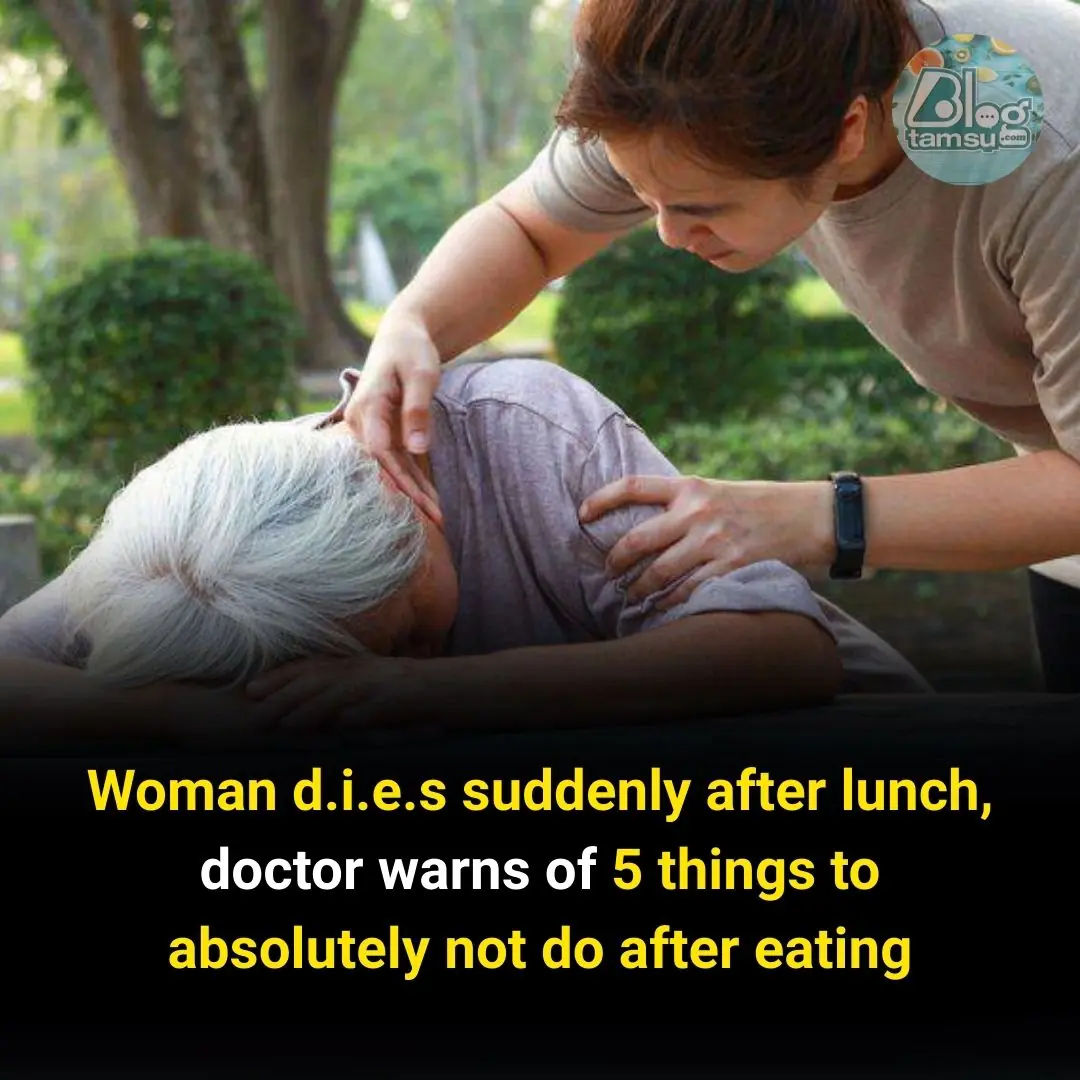
Some post-meal habits may seem normal but can actually threaten your health.
According to Sohu, Mrs. Liu, a 61-year-old woman from China, was known for being active and diligent. Right after finishing her meals, she would rush to wash dishes, sweep the floor, or sometimes go out with friends for a walk or a few rounds of mahjong. However, just a few days ago, after lunch—before the family had even cleared the table—she suddenly turned pale, her lips turned purple, she clutched her chest, broke out in a heavy sweat, and collapsed. Despite the family calling out to her, there was no response. By the time the ambulance arrived, doctors could only shake their heads: “Her heart stopped suddenly.”
This tragedy is not uncommon. For middle-aged and elderly people, some habits that seem harmless after meals can actually become “hidden killers.” Doctors warn: “Compared to resting, at the very least, avoid these five things immediately after eating.”
Why Is the Post-Meal Period Dangerous?
After a meal, most of the body’s blood flow is directed to the digestive tract to aid digestion. If, at this time, activities force the heart and lungs to work harder, there may not be enough blood supplied to the heart and brain, which can trigger acute medical events.
Cardiologists note that within two hours after eating, the risk of stroke and heart attack in middle-aged and elderly people rises significantly. A study published in the international journal Neurology also confirmed that the two hours after meals are a “high-risk window” for cardiovascular and cerebrovascular events, with the incidence rising by 17–40% depending on the individual. This is especially dangerous for people with high blood pressure, high cholesterol, or coronary artery disease.
Many people believe that “exercising after a full meal helps digestion,” but vigorous activity right away causes fluctuations in blood pressure and puts a heavy burden on the heart. Others enjoy going outside for fresh air, but sudden temperature changes can cause blood vessels to constrict, leading to accidents.
Five Things to Absolutely Avoid After Eating
Doctors emphasize not only “don’t exercise immediately,” but more specifically, the five most dangerous habits to avoid after lunch. Even committing one of them by accident can put your health at risk.
Intense Exercise Immediately After Eating
Some believe that walking or exercising after meals helps digestion. However, when the stomach needs more blood to digest food, strenuous activity diverts blood away from it, leaving the brain and heart deprived. This may cause dizziness, chest pain, palpitations, or even cardiac arrest. Statistics show that people who engage in heavy exercise within 20 minutes of eating have a 12–18% higher risk of heart attack.
Bathing or Soaking Feet Right After Meals
Many people feel like “taking a bath after eating to relax.” But bathing dilates blood vessels in the skin and limbs, further reducing blood supply to the stomach. This can cause low blood pressure, rapid heartbeat, and dizziness. Elderly individuals with weaker circulation are particularly vulnerable.
Smoking After Meals
The habit of “a cigarette after a meal” seems minor, but its harm is severe. Research shows that the absorption of tobacco toxins is 1.5 times higher right after eating, damaging the lungs and blood vessels, while also increasing the risk of digestive and respiratory cancers.
Napping Immediately After Eating
Many enjoy lying down for a nap right after a meal, but this can cause stomach contents to reflux into the esophagus, leading to acid reflux and indigestion. Statistics reveal that elderly people who nap right after eating have a 24% higher risk of digestive disorders compared to those who wait.
Emotional Stress or Mental Strain
Activities like family arguments, bookkeeping, or playing mahjong right after meals can make blood pressure fluctuate, increasing the risk of stroke. Worse, combining smoking and gambling after meals is like “fueling the fire” for hypertension and heart disease.
What You Should Do After Meals
✅ Rest for 20–30 minutes: Simply sit and relax to allow sufficient blood flow to the stomach.
✅ Drink warm water moderately: Avoid large amounts of cold water or soft drinks, which can irritate the stomach.
✅ Light activity after 30 minutes: Washing dishes, tidying up, or taking a slow walk are safe. For older adults, keep movements gentle.
✅ Wait at least one hour before smoking, bathing, or napping: Once digestion stabilizes, the body is in a safer state for these activities.
News in the same category


Night Sweats Explained: 7 Surprising Facts
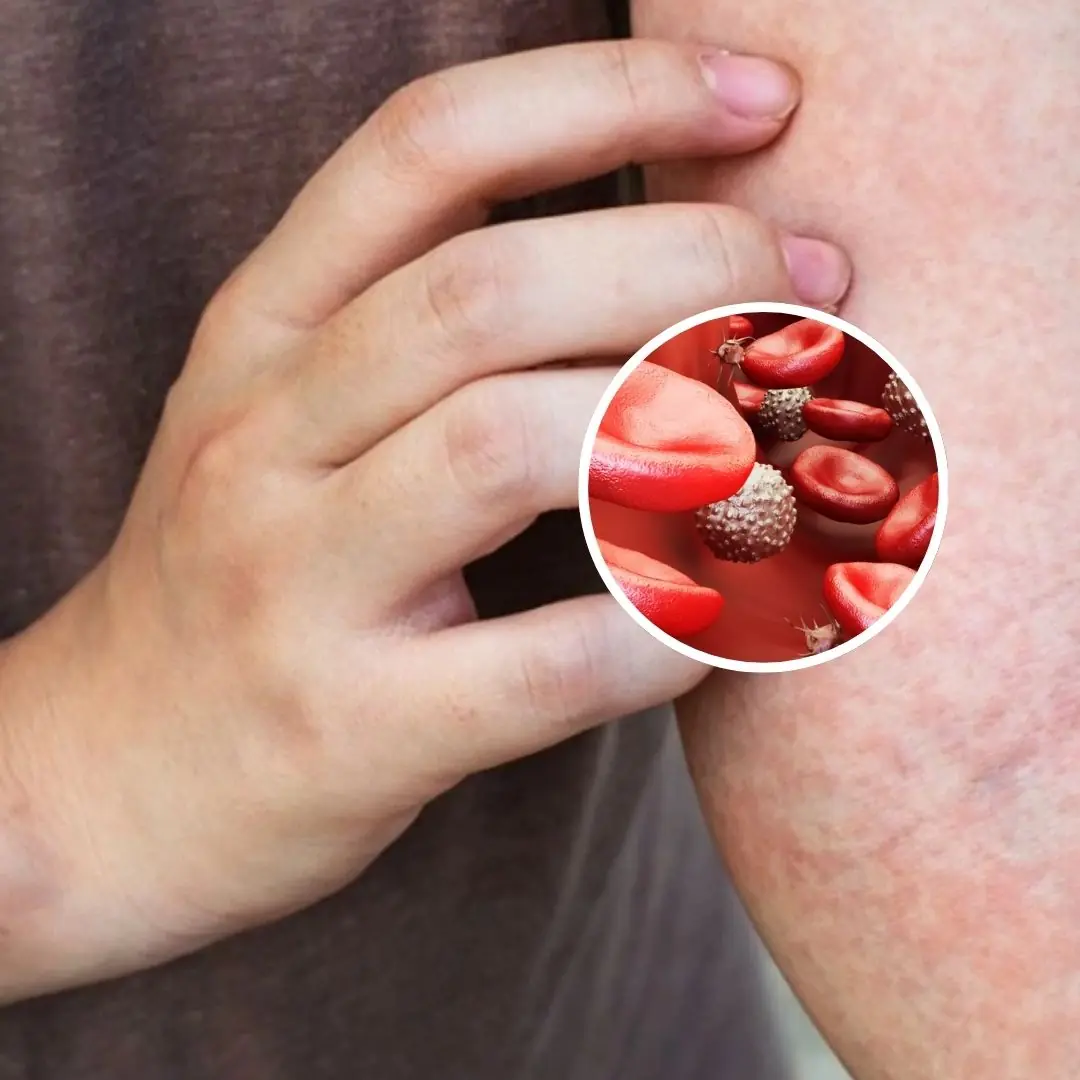
Warning: 10 Overlooked Symptoms That Could Signal Blood Cancer
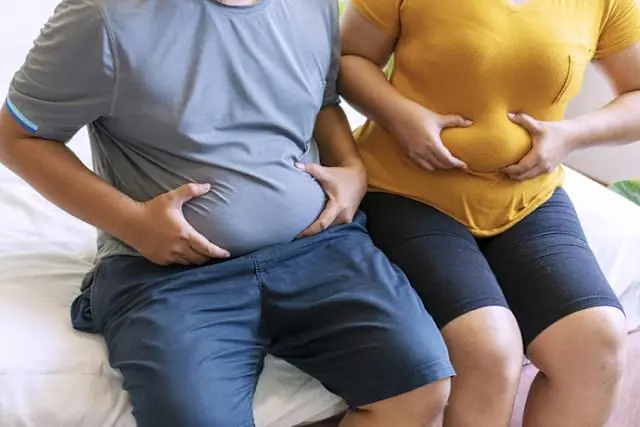
4 Abnormal Signs in the Abdomen That May Seem “Minor” but Could Indicate Can.cer

Surprising Everyday Foods That Quietly Work Wonders for Your Liver — And Why You Should Add Them to Your Diet

Despite its health benefits, star fruit is strictly off-limits for these groups of people
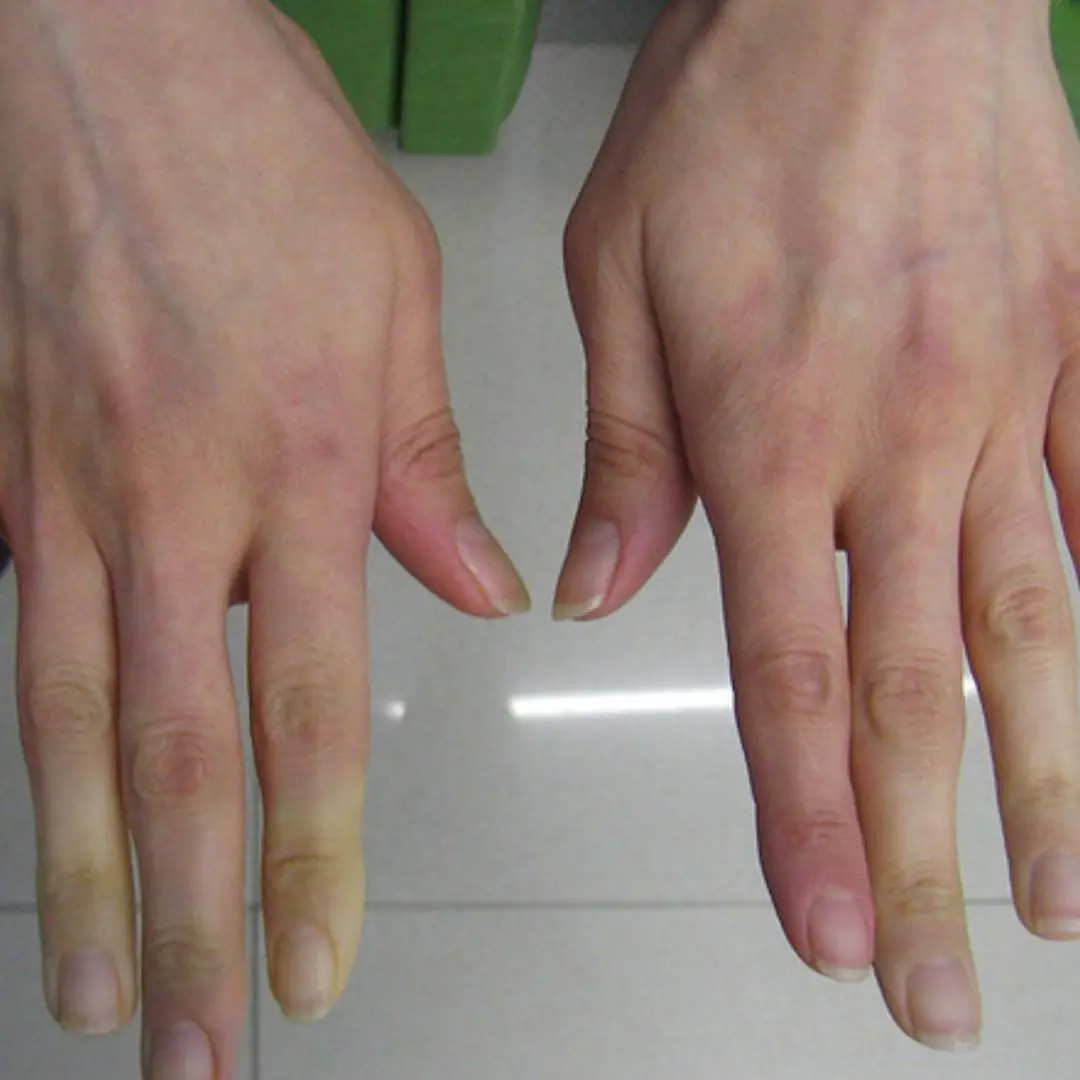
This condition can trigger a sudden transformation in the fingers, leaving them ghostly white or bluish
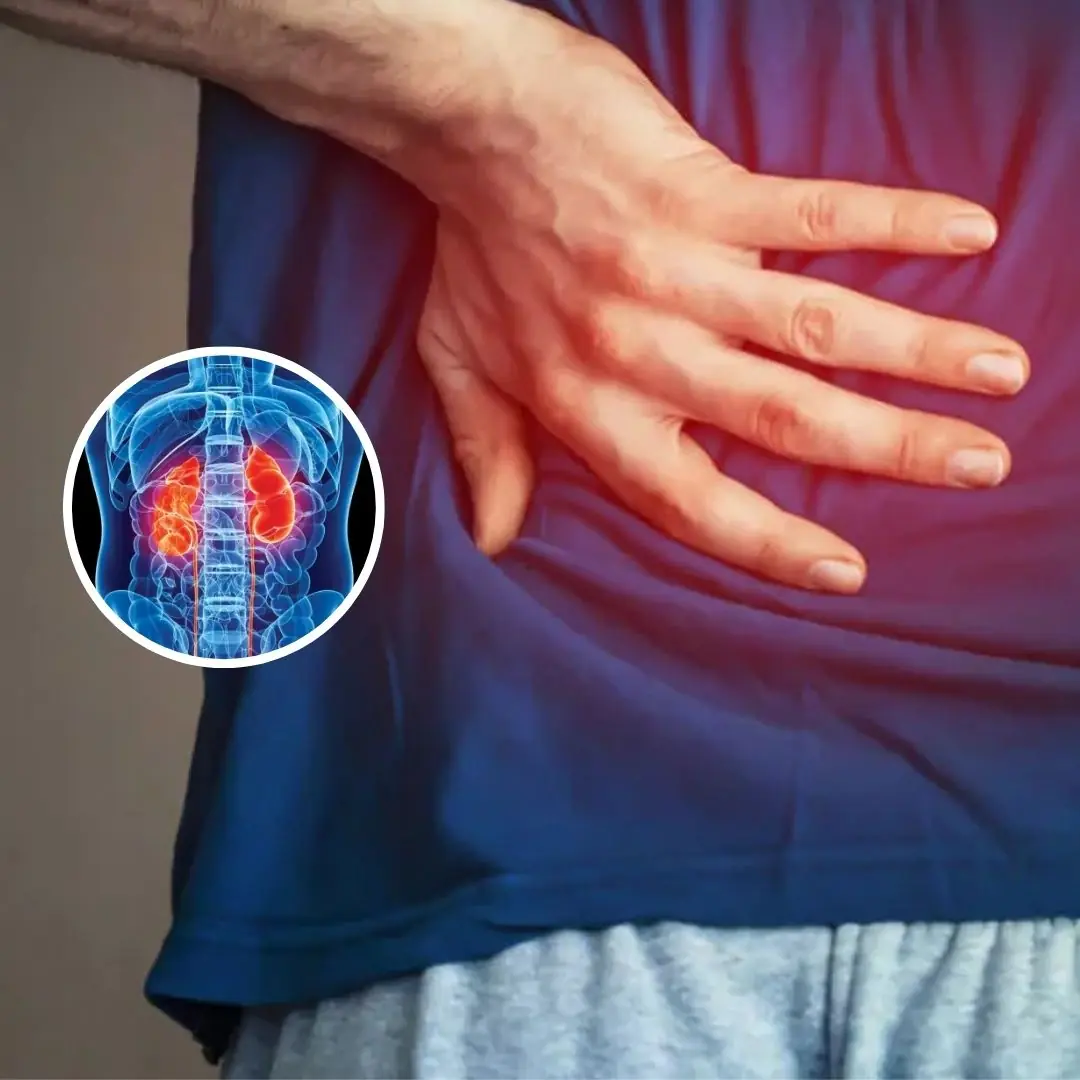
Night Clues: 5 Rare Symptoms Pointing to Kidney Damage
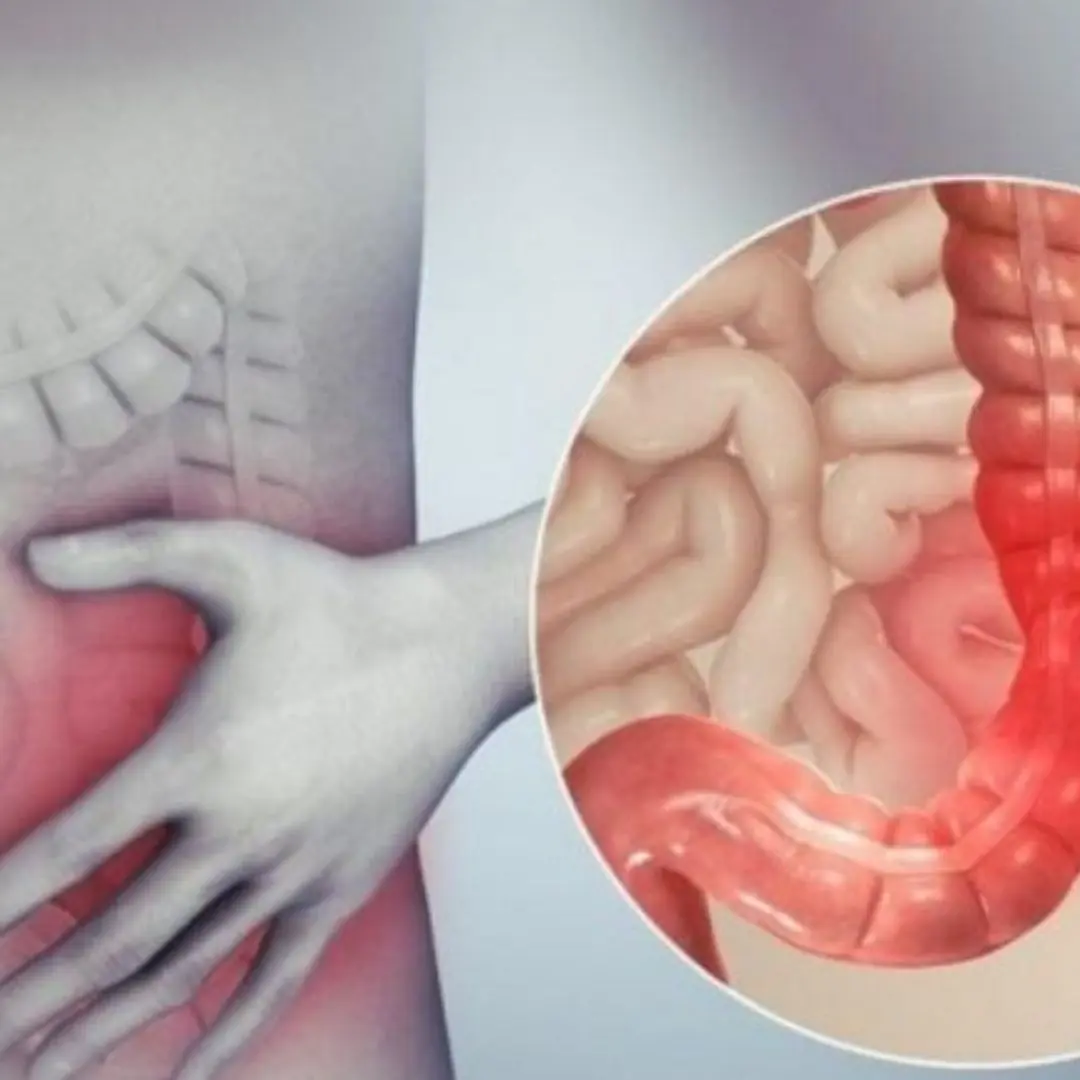
Don’t Overlook These 6 Warning Signs of Stage 1 Colon Cancer

These 3 Common Fish Are Actually the Best for Your Health
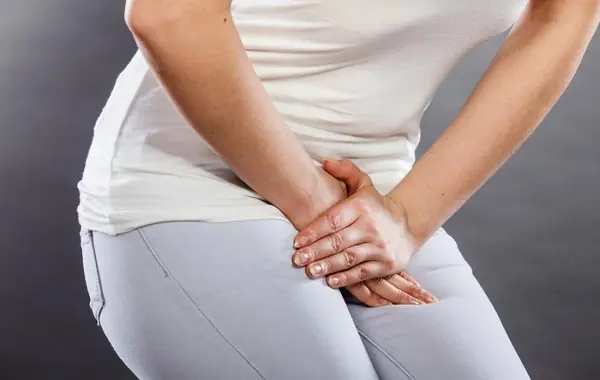
4 Foods That Help Prevent Vag.inal Infections:

4 Foods to Eat on an Empty Sto.mach in the Morning That Work Like a “Trash Scanner” for the Body

6 Foods That Balance Hormones and Stop Hair Loss — A Secret Few Women Know!
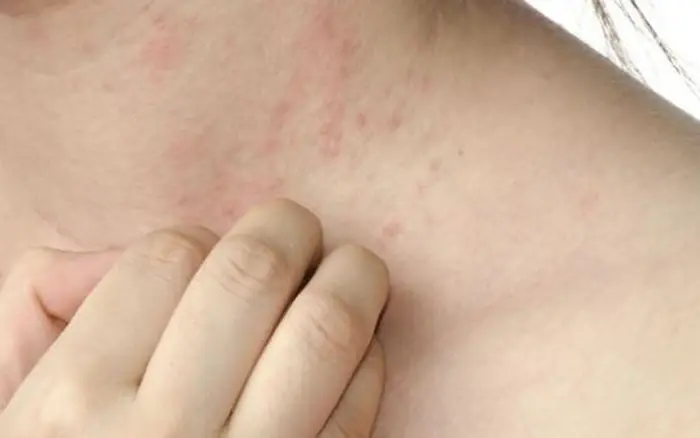
Woman Shocked by Doctor’s Diagnosis After Visiting Hospital for Severe Itching
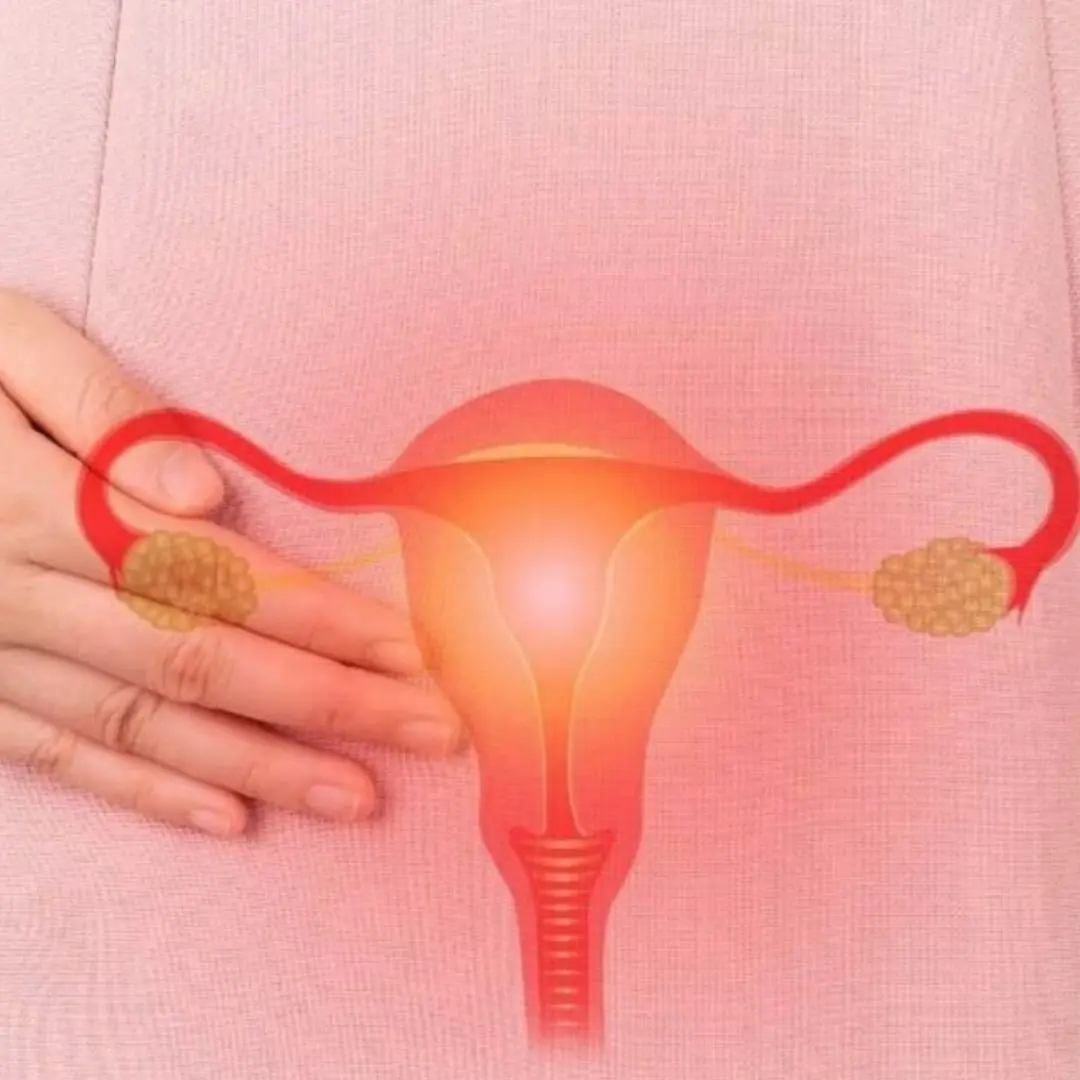
Cervical Cancer: 8 Hidden Warning Signs Just Uncovered
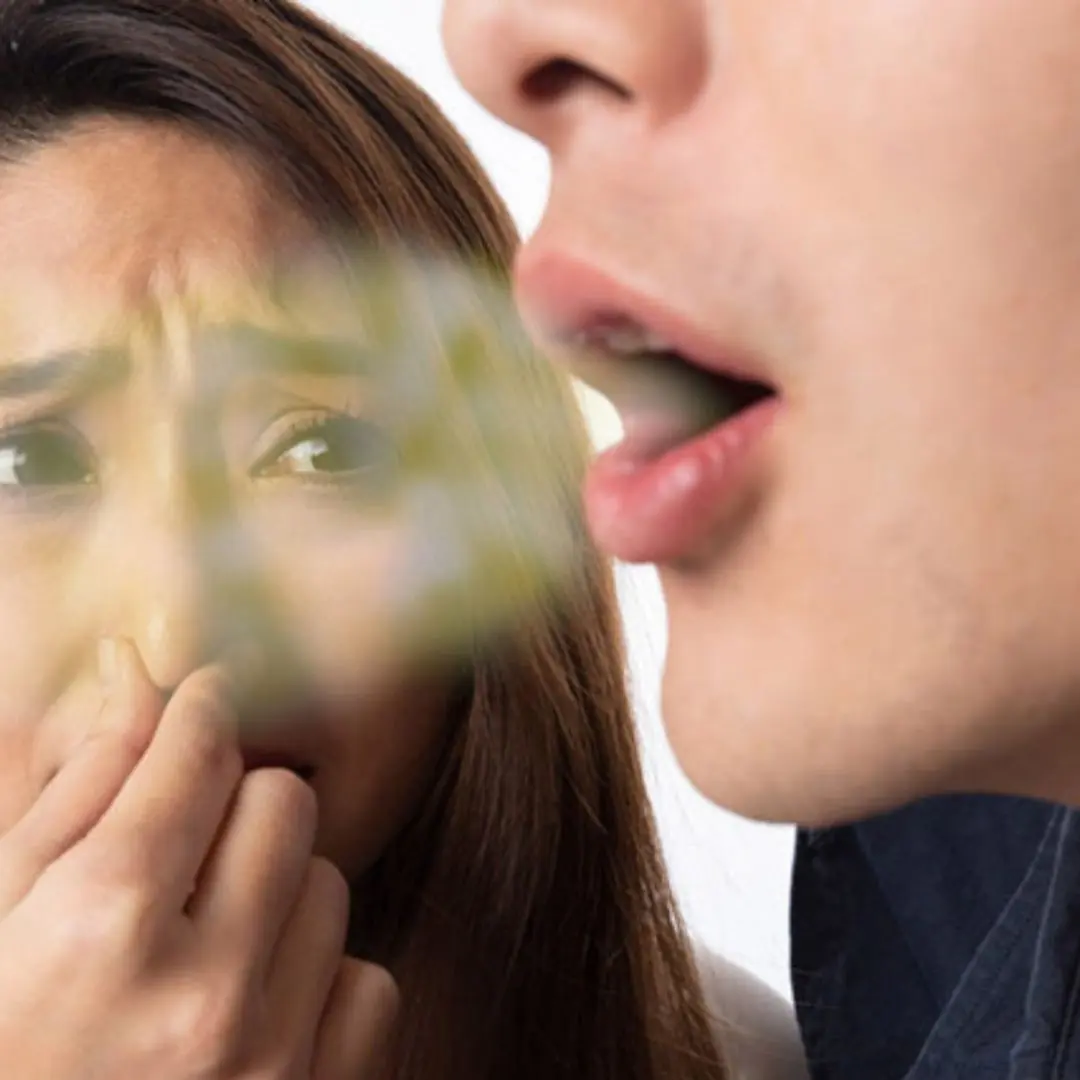
If your breath carries these 4 unusual odors, it could signal hidden illness — don’t ignore the warning signs
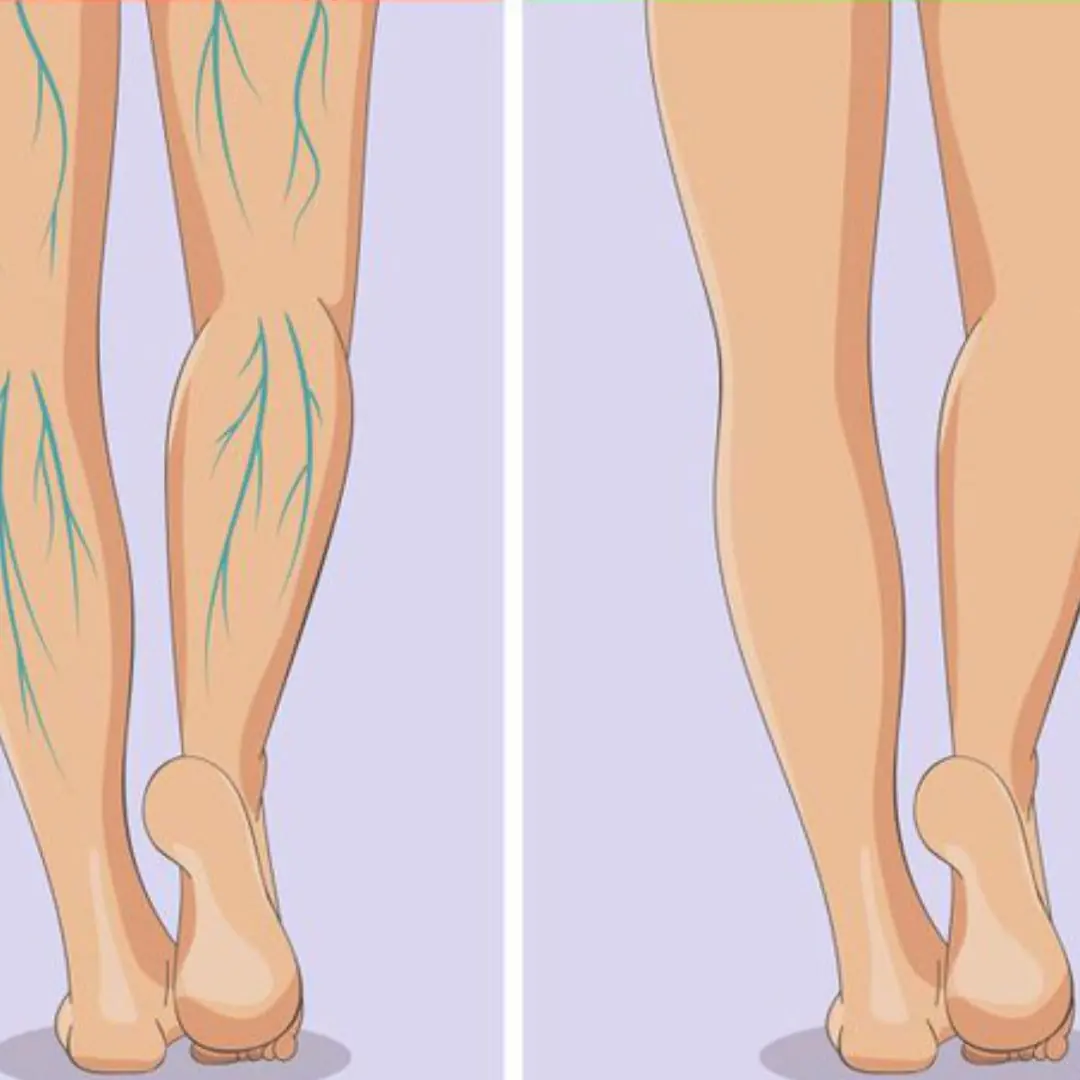
Your Feet Could Be Revealing Serious Health Issues — Watch Out for These 6 Signs

4 Best-Selling Items on E-Commerce Platforms Exposed to Contain Carcinogens
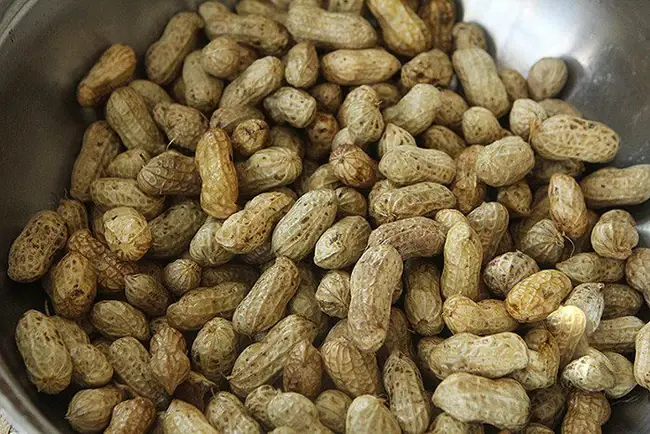
4 Surprising Changes Your Body Will Experience in Just Half a Year
News Post

"7 Silent Habits That Wreck Your Bones and Joints — Quit Them Now or Face Pain in Old Age

Avoid These Plants If You Don’t Want Snakes Near Your House

Night Sweats Explained: 7 Surprising Facts

What the lines on bath towels actually mean?
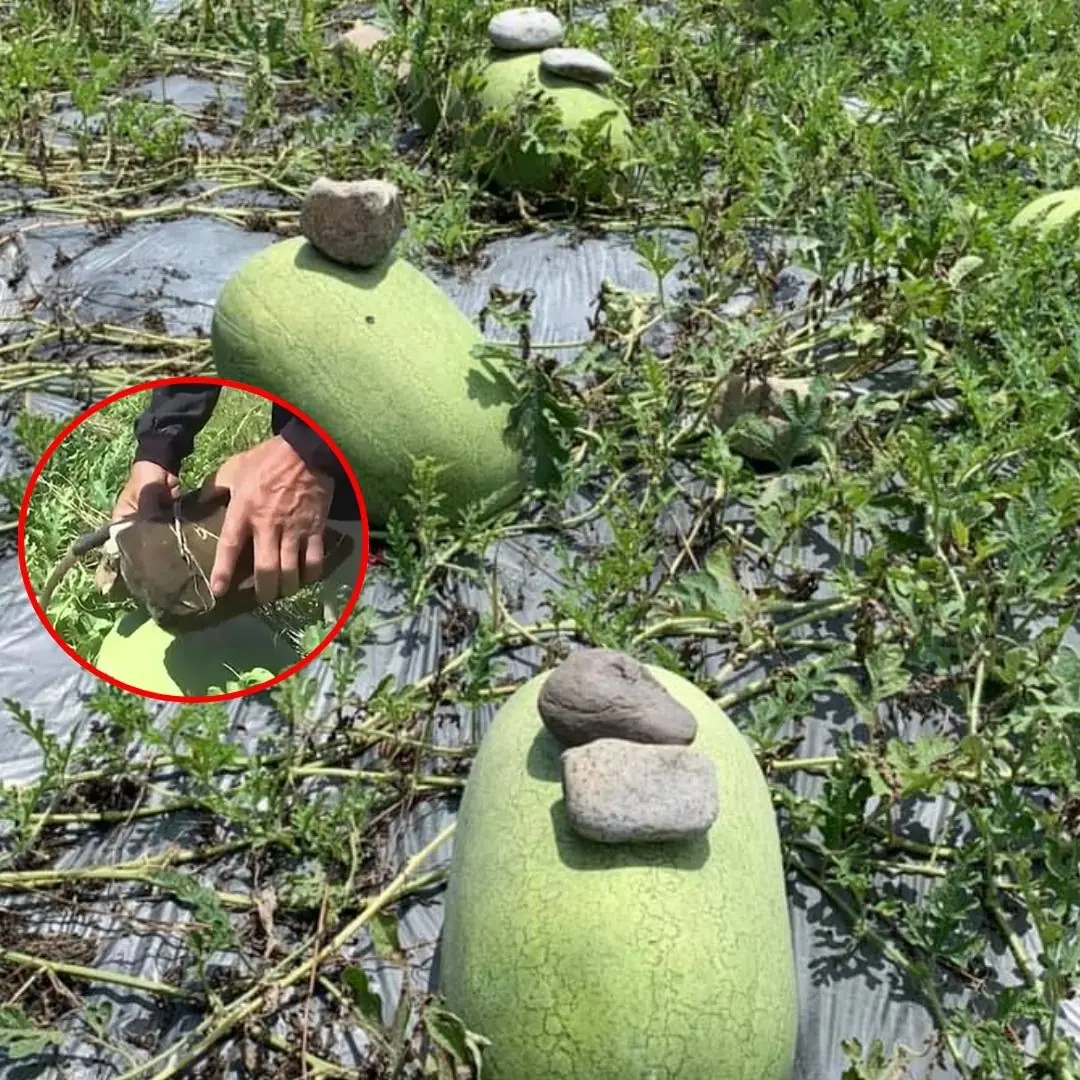
Farmers put ice on melons before harvest – the reason behind it will surprise everyone
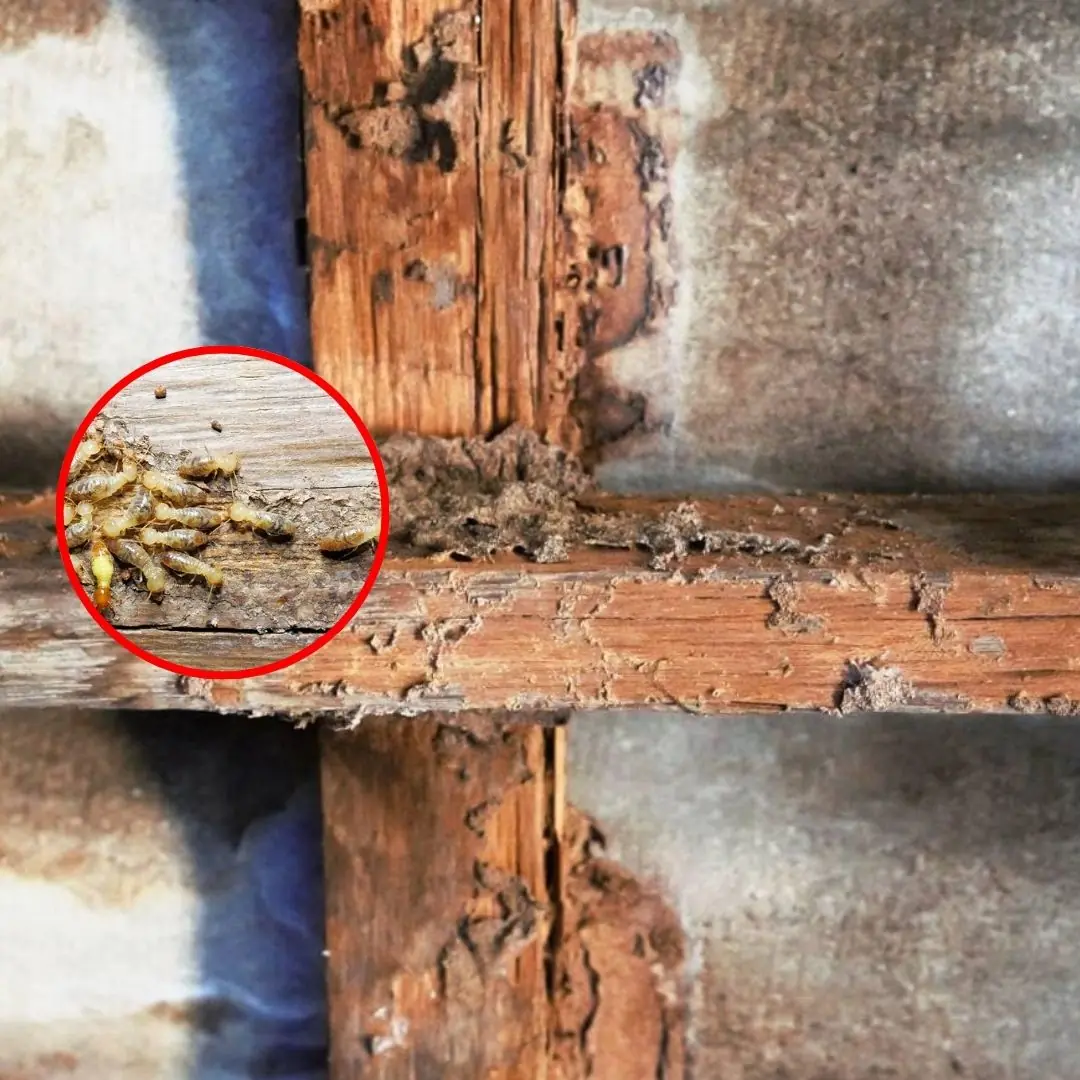
6 Proven Ways to Get Rid of Termites From Wooden Furniture

Warning: 10 Overlooked Symptoms That Could Signal Blood Cancer

Should You Pick Na.vel Oranges With a Big or Small “Na.vel”?

4 Abnormal Signs in the Abdomen That May Seem “Minor” but Could Indicate Can.cer

3 super easy garlic storage hacks
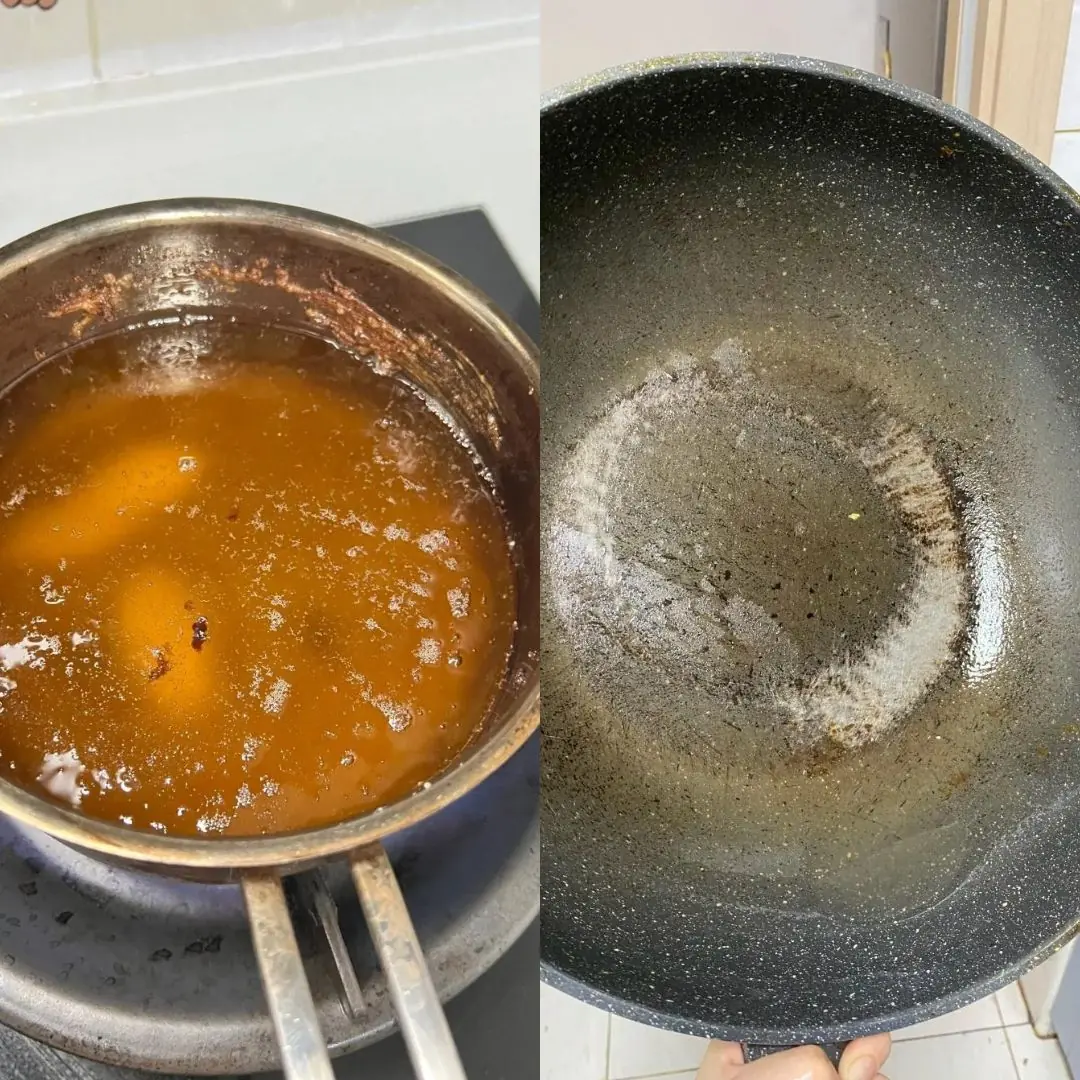
The More You Save, the Sicker You Get: 6 Dangerous Kitchen Habits to Stop Immediately
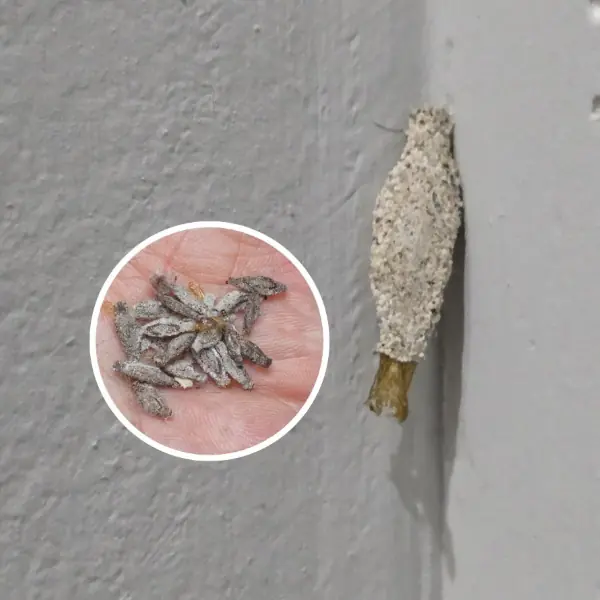
What are those “Small bags” on the wall really?

Surprising Everyday Foods That Quietly Work Wonders for Your Liver — And Why You Should Add Them to Your Diet

Despite its health benefits, star fruit is strictly off-limits for these groups of people

This condition can trigger a sudden transformation in the fingers, leaving them ghostly white or bluish

Night Clues: 5 Rare Symptoms Pointing to Kidney Damage

Don’t Overlook These 6 Warning Signs of Stage 1 Colon Cancer

These 3 Common Fish Are Actually the Best for Your Health
